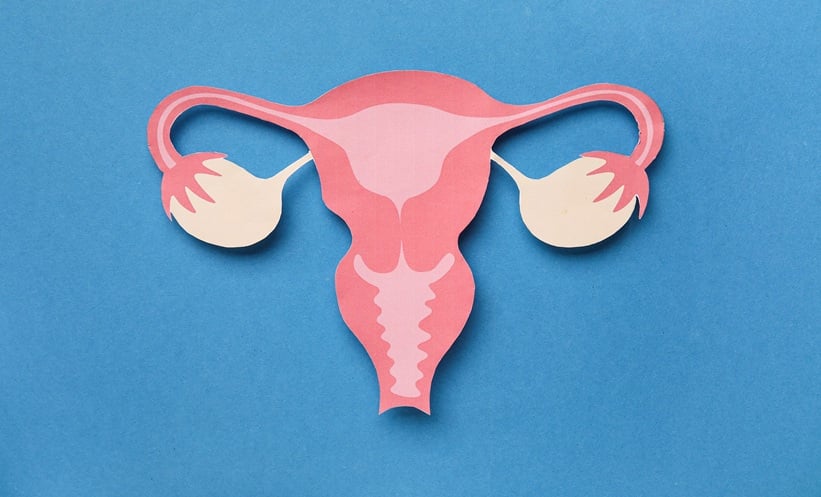NEW research presented at the 41st Annual Meeting of the European Society of Human Reproduction and Embryology (ESHRE 2025) suggests that the intergenerational transmission of polycystic ovary syndrome (PCOS) may be driven by inherited epigenetic signals in early embryos.
PCOS is a common endocrine disorder affecting approximately one in ten women globally. It is a major cause of infertility and is often observed in multiple generations of the same family. Despite this, the mechanisms behind its inheritance remain poorly understood.
Led by Dr. Qianshu Zhu, researchers analysed oocytes and early embryos from 133 women with PCOS and 95 controls using ultra-low-input sequencing to assess both gene expression and epigenetic regulation. They found widespread disruption of genes involved in early development, metabolic pathways, and chromatin structure. Notably, abnormal patterns in three key histone modifications, H3K27me3, H3K4me3, and H3K9me3, were detected, which regulate gene activation and silencing.
“About half of the abnormal H3K27me3 marks we found in embryos were already present in the oocytes,” said Dr. Zhu. “This shows that epigenetic signals can be passed from mother to embryo before implantation even begins.”
The findings raise the possibility of using epigenetic profiling, particularly H3K27me3 patterns, as a diagnostic or prognostic tool in ART. In the future, these epigenetic signatures could guide embryo selection in IVF or even inform preventive therapies.
Dr. Zhu’s team plans to validate the functional impact of these epigenetic marks in mouse models by altering genes responsible for removing H3K27me3 to assess if offspring develop PCOS-like symptoms.
Reference:
Zhu Q et al. Dysregulated epigenetic reprogramming during preimplantation development of embryos from patients with polycystic ovary syndrome. Human Reproduction. 2025. ESHRE Annual Meeting, 30th June–2nd July, 2025.








